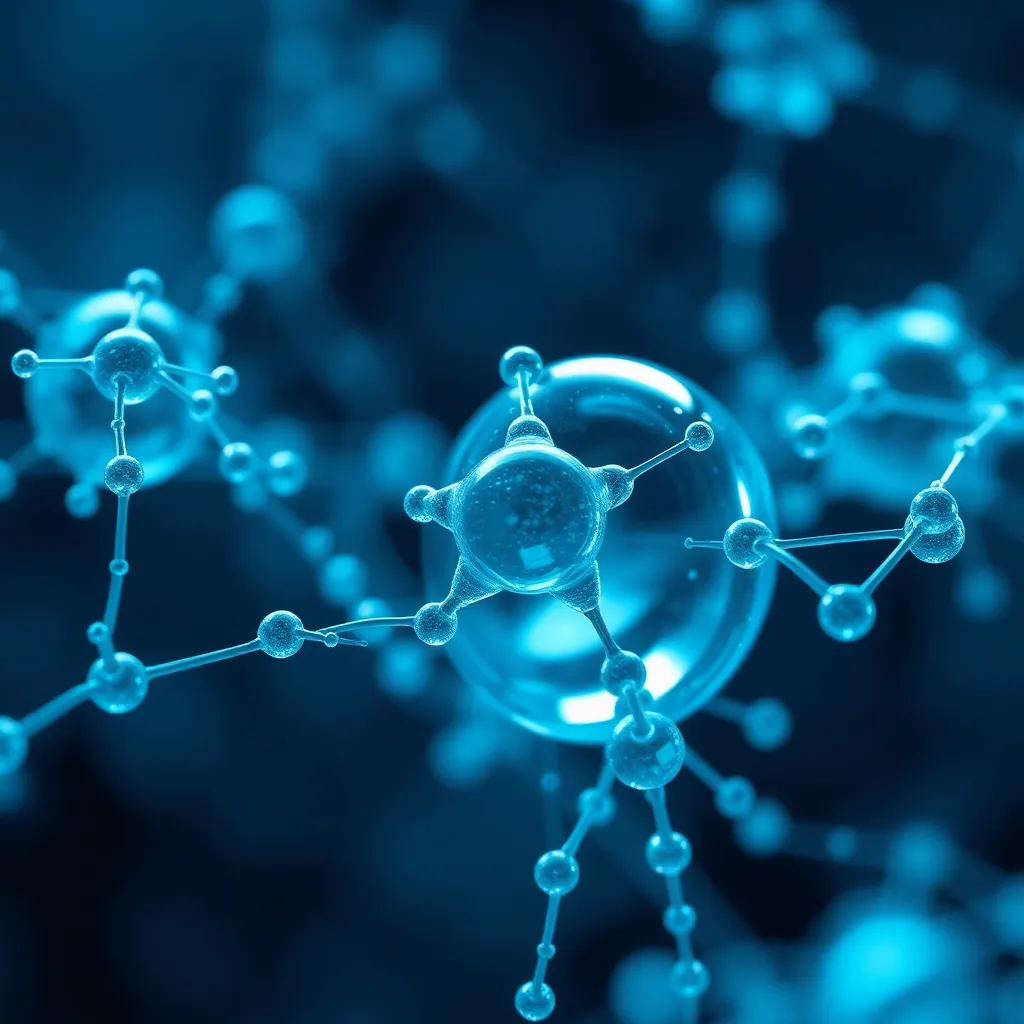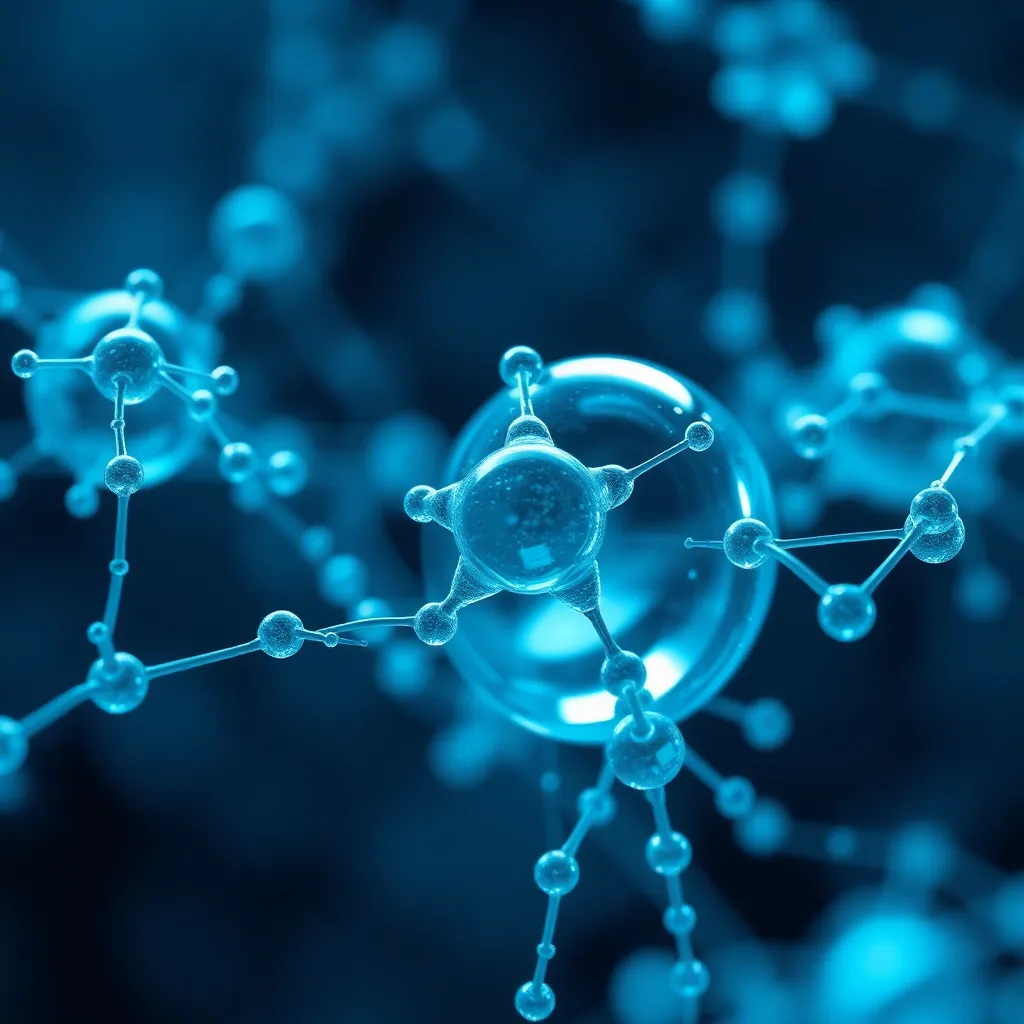What is Nanotechnology?
Nanotechnology is the science of manipulating matter at the nanoscale, typically between 1 and 100 nanometers. At this tiny scale, materials exhibit unique properties that differ from their bulk counterparts. This innovative field enables the creation of advanced products with remarkable applications in various industries. It is often referred to as the science of the future, promising groundbreaking solutions across various domains.
A Story of Innovation: How Nanotechnology Transformed a Village
In a small village facing a severe water pollution crisis, an innovative engineer named Rajesh took on the challenge of providing clean drinking water. He introduced a nanotechnology-based water purification system that used advanced nano-filters to eliminate harmful contaminants, bacteria, and heavy metals. Initially, the villagers were skeptical. However, as the system delivered pure water efficiently and consistently, their doubts faded. Health conditions improved, crops flourished, and the village economy strengthened. The success of nanotechnology in this village became a beacon of hope, inspiring other rural communities to explore similar solutions. The story of Rajesh’s transformative efforts highlights how innovative technologies can solve real-world problems and bring hope to struggling communities.

The Perception of Nanotechnology
The public’s perception of nanotechnology varies significantly. Some see it as a revolutionary solution with vast potential, while others are concerned about its environmental and health implications. Media portrayal often influences these perceptions, sometimes highlighting risks more than benefits. Addressing misconceptions is crucial to help people understand the true benefits of nanotechnology. Proper regulations, transparent communication, and education can alleviate public concerns and foster acceptance.
Impact of Nanotechnology on Industries
1. Nanotechnology in Environmental Engineering
Nanotechnology offers groundbreaking solutions for environmental challenges, including water purification, pollution control, and renewable energy. For example, nanomaterials are used in water treatment to filter toxins, while nanocatalysts help reduce air pollution. Nano-coatings on surfaces can prevent corrosion and contamination, extending the life of industrial equipment. These advancements contribute to a cleaner and more sustainable environment.
2. Nanotechnology in Agriculture
Nanotechnology is revolutionizing agriculture by boosting productivity, enhancing pest control, and improving soil health. Nano-fertilizers and nano-pesticides ensure precise delivery of nutrients and crop protection agents, reducing chemical waste and environmental impact. Controlled-release mechanisms in nano-fertilizers improve plant growth and yield. Nanotechnology can also enable smart farming techniques, such as sensors for soil health monitoring and data-driven farming decisions.
3. Nanotechnology in UPSC and Competitive Exams
For UPSC and competitive exams, nanotechnology is a critical topic. Understanding its applications in various sectors, including health, agriculture, and defense, is essential. Questions often cover its benefits, risks, and future prospects in India’s technological advancement. Aspirants should focus on recent developments, government policies, and case studies for a comprehensive understanding.
Expert Insights: Advantages and Concerns
Experts believe that nanotechnology can address critical global issues like water scarcity, pollution, and disease control. However, concerns remain about its long-term impact on health and the environment. The potential for nanoparticle accumulation in ecosystems raises questions about safety. Regulatory bodies are working to ensure responsible use of nanotechnology. Continuous research and testing are vital for understanding long-term implications.
Nanotechnology for the Future
Nanotechnology holds tremendous promise for the future. In medicine, it enables targeted drug delivery systems, early disease detection, and regenerative therapies. The energy sector benefits from nanomaterials in solar cells and batteries, making renewable energy more efficient and accessible. Electronics use nanotechnology for faster, more compact devices. The automotive and aerospace industries leverage nanotechnology for stronger, lighter materials, improving fuel efficiency and safety. To fully realize its potential, research and development must address challenges related to safety, ethics, and accessibility. Collaborations between governments, industries, and research institutions are crucial for advancing nanotechnology responsibly.
Recommended Reading
- “Nanotechnology in Agriculture” by K. S. Subramanian
- Nanotechnology PPTs and Reviews for In-depth Learning
- Nanotechnology Impact Factor Studies
- “Nanotechnology for Beginners” by Sherron Sparks
Conclusion
Nanotechnology is a revolutionary science that continues to shape the future. Its impact on environmental engineering, agriculture, medicine, and technology is profound. By balancing innovation with safety and ethical considerations, we can unlock nanotechnology’s full potential for a sustainable and prosperous world. This field will continue to evolve, transforming industries and improving lives globally. Embracing nanotechnology responsibly today will create a brighter, more advanced future for generations to come.




Leave a Reply